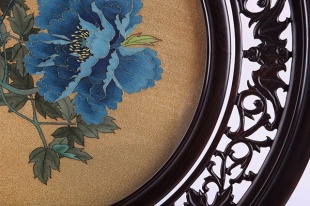Wrapped in silk and bound by threads


Sang Luo's products, which can be found on e-commerce platform Tmall.com, include silk night gowns priced at $100 a piece. Only 40 percent of the company's revenue comes from supplying raw silk to other manufacturers.
"Silk is one of the world's most luxurious natural fabrics. I think the biggest mistake we have made is selling it at a low price. There is only one way to help silk find its way back to the Chinese woman's wardrobe make it a quality product that commands a high price," says Yu.
"We have the best silk in the world, and the largest population of potential silk buyers the increasingly independent and self-supported urban lady who chooses to put on a silk nightgown to please no one but herself. So all we need is a brand that makes, packs and delivers the dress to them in the right way," adds Yu, a single mother and self-proclaimed feminist.
Liu Wenquan, secretary-general of the China Silk Association, agrees that a shift in perception could be the way to give the industry a much-needed boost.
"Young people today view silk as something from their grandparents' generation or a relic in a museum. But that was the same thing with coffee. Half a century ago, few people drank coffee in China because many felt it caused insomnia. Just look at how well Starbucks is doing in China now," says Liu.





































